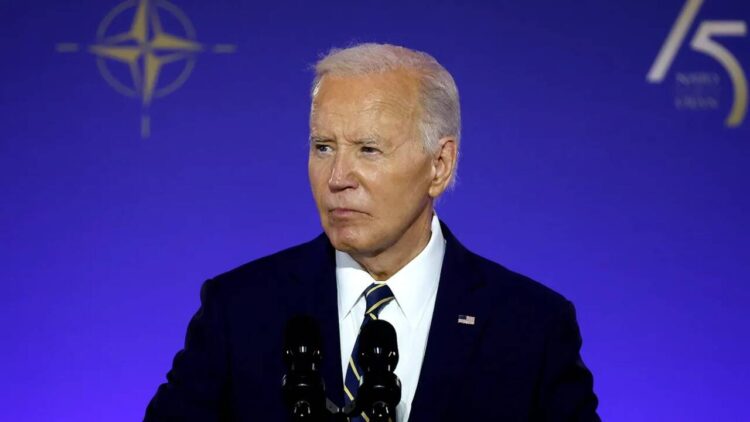President Joe Biden has signed into law a bill called the “Promoting a Resolution to the Tibet-China Dispute Act.” This new law aims to enhance U.S. support for Tibet and promote discussions between China and the Dalai Lama to peacefully resolve their differences regarding Tibet’s status and governance.
China opposed this law, known as the Resolve Tibet Act, calling it destabilizing. The Act was passed by the House of Representatives in February and cleared the Senate in May. Despite China’s objections, President Biden signed the bill into law, emphasizing the bipartisan commitment to advancing human rights for Tibetans and preserving their unique cultural, linguistic, and religious heritage.
President Biden’s Statement
In a late-night statement on Friday, Biden reiterated his administration’s stance on Tibet. He called on China to resume direct dialogue with the Dalai Lama or his representatives without any preconditions. Biden hopes for a negotiated settlement that addresses the differences between China and Tibet.
The Dalai Lama fled Tibet in 1959 and has been living in India, where he established a government-in-exile in Dharamshala. From 2002 to 2010, the Dalai Lama’s representatives held nine rounds of talks with the Chinese government, but these discussions did not lead to any concrete results. China views the Dalai Lama, now 89 and based in India, as a separatist trying to split Tibet from China.
The new Act does not change the longstanding U.S. policy that recognizes Tibet as part of China. However, it enhances U.S. support for Tibet by empowering State Department officials to counter Chinese government disinformation about Tibet.
The Act rejects false claims that Tibet has always been part of China and pushes for negotiations without preconditions. It also affirms the State Department’s responsibility to work with other governments toward a negotiated agreement on Tibet.
ALSO READ: “Obama and Pelosi Express Concerns Over Biden’s 2024 Campaign, Report Reveals”
China’s Response and U.S. Actions
In June, China strongly opposed the bill, warning that any attempts to destabilize Tibet (referred to as Xizang by China) to suppress China would fail. A Chinese foreign ministry spokesman urged the U.S. not to sign the bill and warned that China would take strong measures to defend its sovereignty and interests.
Meanwhile, the U.S. State Department imposed visa restrictions on several Chinese officials involved in the repression of religious and ethnic communities. The State Department criticized China for not respecting human rights, citing ongoing abuses in Xinjiang, Hong Kong, and Tibet. They called on China to adhere to the principles of the Universal Declaration of Human Rights and to release those unjustly detained.
The signing of the “Promoting a Resolution to the Tibet-China Dispute Act” underscores the U.S. commitment to supporting Tibet and promoting human rights. Despite China’s opposition, the U.S. continues to push for direct dialogue between China and the Dalai Lama or his representatives to achieve a peaceful resolution to their long-standing dispute over Tibet.

















Comments